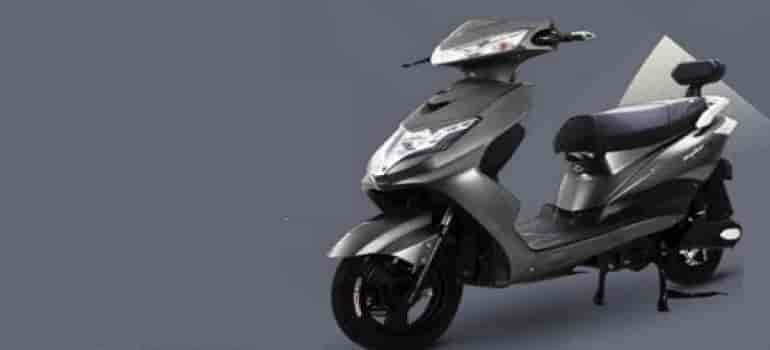
Japanese automobile major Honda on Tuesday said the two-wheeler industry in India needs more time to stabilise after BS-VI changeover before moving to full electric vehicles (EVs). Joining its Indian counterparts Hero MotoCorp, Bajaj Auto and TVS Motor Co in opposing the Niti Aayog’s proposal to completely ban two-wheelers that are powered by internal combustion engines (ICEs) of up to 150cc from 2025, the company called for a plan jointly prepared by all concerned stakeholders before taking such a step.
Honda, which is present in the country through a wholly-owned subsidiary Honda Motorcycle and Scooter India (HMSI), said despite its 25 years of experience of developing and selling electric two-wheeler adoption of such vehicles has remained a challenge due to various factors.
“The industry needs more time to stabilise after BS-VI changeover before we take the next step of moving from IC engine technology, especially considering Indian customer requirement of higher daily commuting distance and price consciousness,” HMSI said in a statement.
From April 2020, India will implement strict BS-VI emission norms across the country for all categories of new vehicles.
The company further said, “Honda requests a well-laid-out plan jointly prepared by government, industry and all concerned stakeholders looking at the aspects of air pollution, energy security, cost of technology, availability of raw materials and Infrastructure while addressing employment impact to increase step wise penetration of EVs (electric vehicles).”
Globally, Honda has an experience of developing and selling electric two-wheelers for over 25 years.
“Due to multiple factors, including vehicle cost, riding performance, range and infrastructure, customers’ adoption of EV is still a major challenge,” it said.
On Monday, India’s big three two-wheeler makers — Hero MotoCorp, Bajaj Auto and TVS Motor Co — hit out at the Niti Aayog’s plan to push for 100 per cent electric vehicle for up to 150 cc engine capacity, saying such a transition was completely uncalled for and could jeopardise the industry.
Source: PTI
